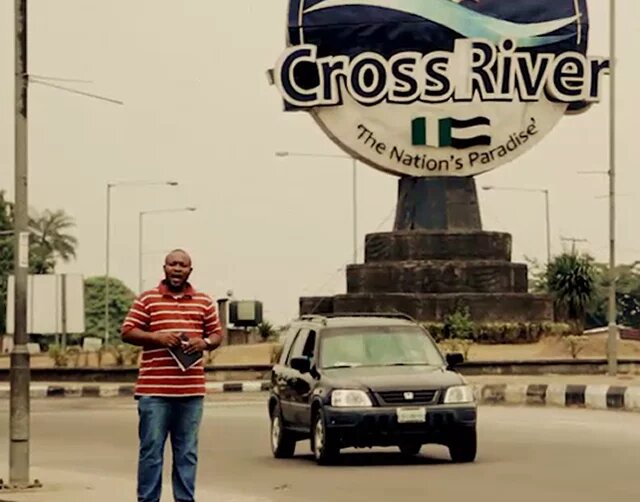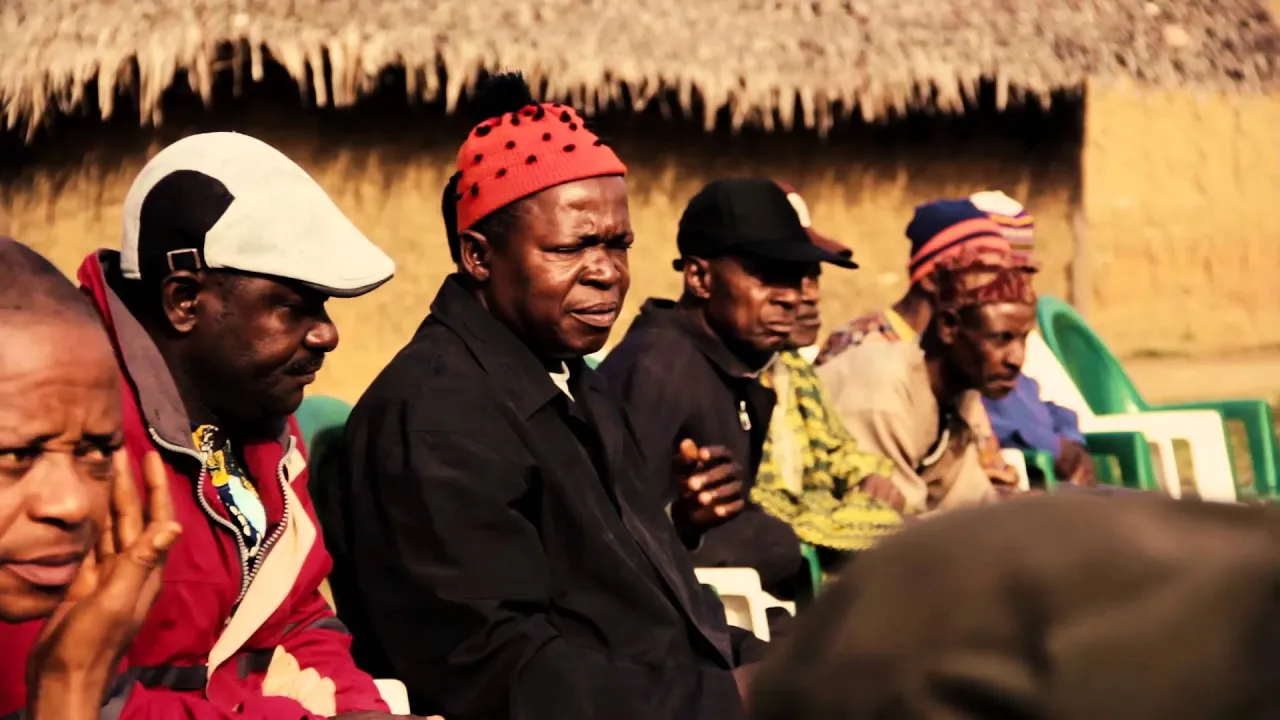
Work has started on the so-called Super Highway that is to link Calabar city and port to Nigeria’s industrial future. The cost of the road is described by government as US3.5bn. However, biodiversity expert Andrew Iloh takes a different look at the cost of this infrastructure development. Andrew travelled deep inside Cross River State along the planned route of the superhighway to sample opinions.
The Super Highway can be seen as a symbol of the ‘change’ that President Buhari promised for his tenure. Its development potential is significant: 260 kilometres of high-tech road, complete with anti-slip features, speed cameras and internet connectivity all the way from Calabar to Benue State will open up new markets for all goods that come through the Calabar deep sea port. The fact that President Buhari launched this project together with Cross River Governor Ayade, who is of the opposition PDP party, was also welcomed by the media. The launch had to be postponed because there were doubts whether an environmental impact assessment (EIA) had been done according to Nigerian law. According to the Federal Ministry of Environment, after the commissioning of an EIA and the adjustment of the initially planned route – further away from the National Park – all lights are on green and construction has begun. However, a coalition of NGOs has written an open letter to the President, expressing concerns about the impact of the road as it cuts through parts of Nigeria’s last remaining rain forests and some community forests. Whilst the NGOs support the building of the road, they prefer a more detailed dialogue about how to avoid significant loss of biodiversity including medicinal plants, the loss of livelihoods of communities and the loss of important carbon sinks provided by the forests. In addition, there are worries that the road opens up access to remote areas for illegal timber logging. During his travels to Cross River State, Andrew Iloh has met dedicated supporters of the project, concerned environmentalists and a largely silent government structure. This report aims to be a contribution to a wider and more public debate about the advantages and risks of large scale infrastructure projects for Nigeria.
